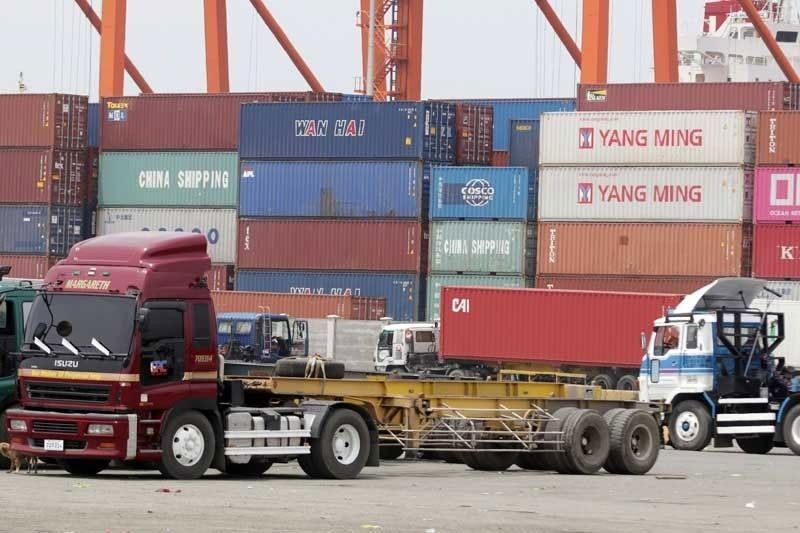LGUs told: Don’t restrict movement of essential cargo

MANILA, Philippines —The Inter-Agency Task Force (IATF) for the Management of Emerging Infectious Diseases has reminded local government units (LGUs) to refrain from issuing regulations that would prevent the free movement of cargoes and overseas Filipino workers (OFWs) who have completed or are about to undergo quarantine.
IATF spokesman and Cabinet Secretary Karlo Nograles said the movement of cargoes and the entry of agriculture and food production workers should not be hampered, a policy intended to ensure that Luzon has enough food supply during the lockdown.?“Pursuant to the policy of allowing the unhampered movement of all cargoes, LGUs and local health units are hereby enjoined not to issue orders that run counter to said directive,” Nograles in a televised press briefing yesterday. ?
He said drivers and crew of cargo or service delivery vehicles without coronavirus disease 2019 (COVID-19) symptoms are not required to undergo mandatory 14-day home quarantine.?He said OFWs should not be prevented from returning home once they secure certification from the Department of Health (DOH) or LGUs. ?
“We also reiterate that LGUs are also strongly enjoined to allow the unhampered transit of OFWs that have been issued DOH or LGU certificate of completion of 14-day facility-based quarantine, or those who may be required by the DOH or LGUs to undergo a mandatory 14-day home quarantine,” the IATF spokesman said. ?
“OFWs have sacrificed a lot. The DOH won’t allow them to return home if they are contagious. They just want to return homes. Let them go home,” he added. ?
Nograles said the government is ready to help OFWs who have been affected by the global pandemic, adding that the technical working group led by the National Economic and Development Authority (NEDA) is studying the impact of COVID-19, including its effect on OFW remittances and jobs.
The expansion of some local industries, Nograles said, may counter the displacement of migrant workers.
“These are just assumptions and estimates but it gives us, as policy planners, an idea of what to expect so we can prepare, how many will lose their jobs, what industries can absorb them, what industries can be expanded so we can place our workforce in them,” Nograles said. ?
“Because of this worldwide pandemic, many OFWs may lose their jobs. So instead of deploying them abroad, we will determine what industry can absorb them,” he added.
- Latest
- Trending
































